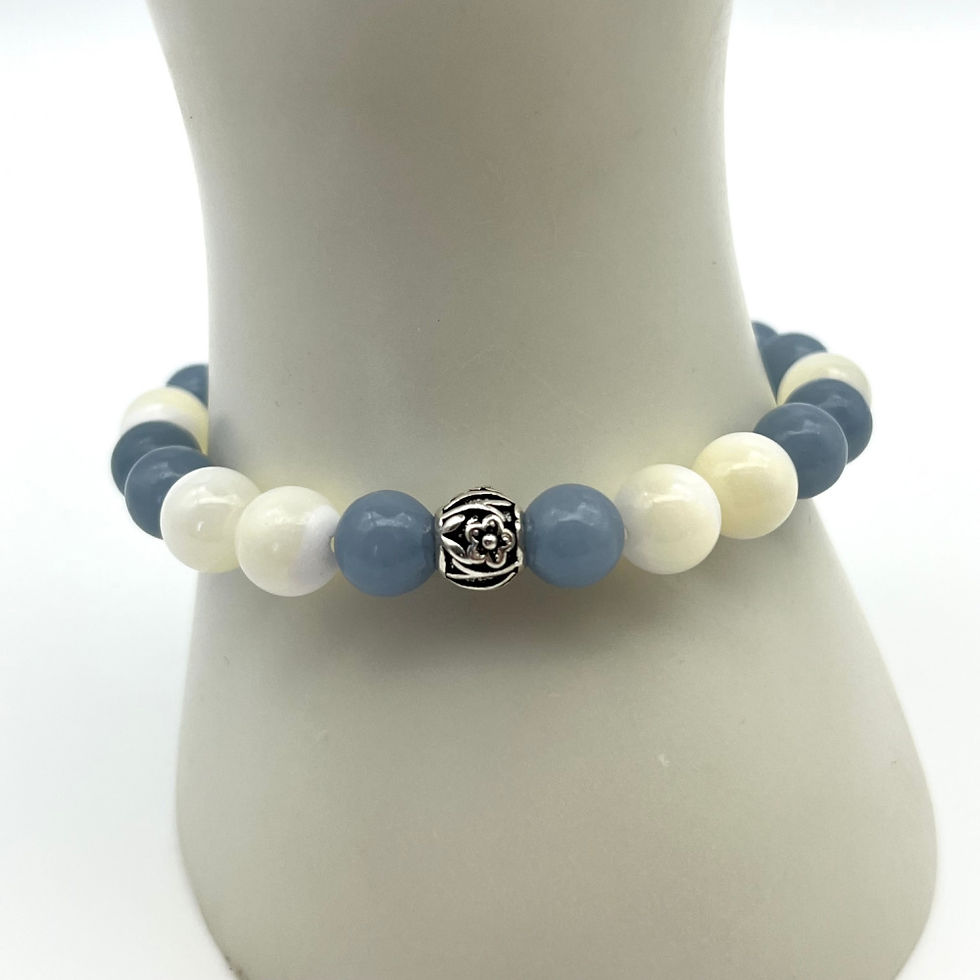collaborative guest post
All children in care have experienced some level of trauma, and as a foster carer, their health and well-being will be your primary concern. Fortunately, by providing a stable and loving home, you’ll go a long way to promoting positive health and well-being. But there are a few other things that you can do to make sure the children in your care are happy and healthy. Here’s a look at some of them.

Take Care of Any Physical Health Needs
A foster child might arrive with long-term health issues or even short-term illnesses that need to be addressed before they can start to settle in. Make sure you register them with your GP, get advice from your support worker, and make an appointment to talk about any health needs or concerns that you are worried about.
Get Outdoors
If you are Fostering in Brighton, you have an excellent opportunity to get outdoors during warmer weather. Enjoy the sites, head to the beach, and explore as a family as much as you can. Even if you don’t have the beach on your doorstep, and the weather is poor, trips to the park and time in the playground are great for all of your mental health and well-being. People who spend time outdoors are often happier, and healthier, have a better body image and have less anxiety. This can be especially beneficial for foster children.
Find Family Activities They Enjoy
Exercise is incredibly important for both physical and mental health, and the best way to encourage exercise is to find activities that your foster children enjoy and look forward to. Look at classes and groups in your local area, talk to them about their hobbies and interests and ask them if there’s anything that they’ve always wanted to try.
If they don’t fancy any kind of formal activities, try to find things that you can enjoy as a family. Things like hiking, bike riding, football in the park, ice skating, swimming, and trampolining can be great, fun ways to build confidence and a chance to bond.
Encourage Socialisation
Some children in care can find it hard to make friends, especially if they’ve moved around a lot. Encouraging them to take part in social opportunities, such as classes and groups, play dates, and even talking to other kids at the playground can prevent loneliness, build confidence, and help them to develop social skills.
Encourage Open Conversation
Open conversation and honesty are incredibly important to all families. When we live in an open household, we’re more likely to share our problems and ask for advice when we’re worried, and this is no different for foster children. Be open-minded, get into the habit of asking about their day, share news from your own, and avoid judgement.
Develop Routines
Routine will help your foster child to feel safe and settled, but it will also give you a better chance to spot things like mood and behaviour changes. Try to establish routines around meals and bedtimes, but also with regular activities like family movie night and reading times.
Simple things like developing routines and creating a safe space will help the children in your care to feel settled and supported, which is the first step to building great physical and mental health. Just remember to see a doctor or speak to a professional if there’s anything that you are worried about.








.png)





































